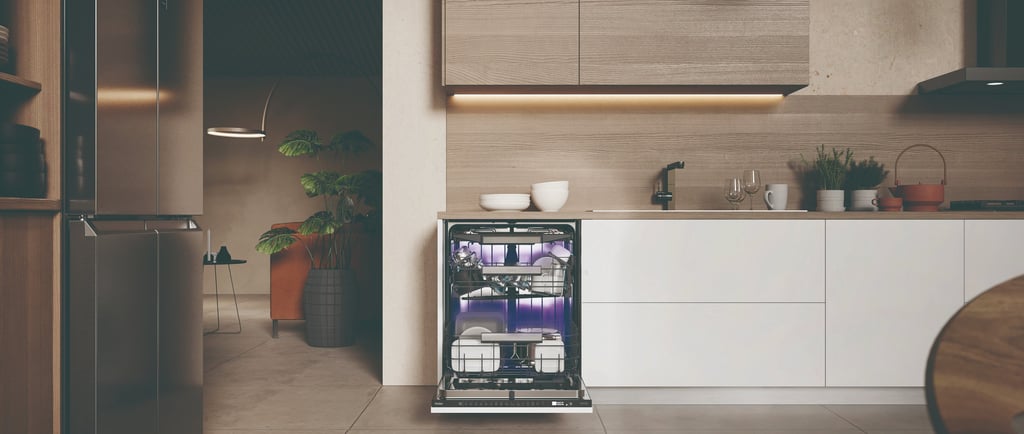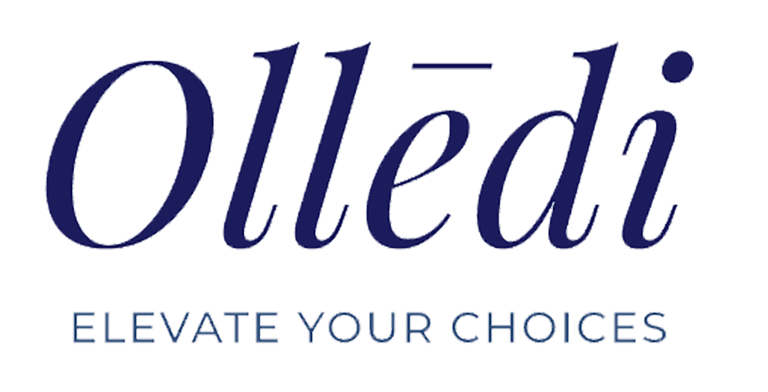A Naturally Connected Future: How Smart Homes Can Be Sustainable
STYLE & HOMESHOPPING & GIFT GUIDES


At IFA 2025 in Berlin, Haier Europe showcased its vision of a “Naturally Connected” world, demonstrating how technology, sustainability and everyday living can come together in a seamless home ecosystem. Central to this concept is the idea that people, products and the natural environment can interact intelligently, creating a domestic space that adapts to lifestyles while reducing environmental impact. The 3,000 square metre exhibition highlighted innovations across the home, focusing on smart solutions designed to save energy, optimise efficiency and enhance everyday life.
At the heart of this vision is the hOn app, which connects appliances, air treatment systems and even photovoltaic energy management in a single platform. With 10 million active users, the app allows households to make data-driven decisions, customise appliance functions, and engage with sustainable behaviours. A collaboration with AWorld, the climate engagement platform supported by the UN and European Commission, encourages users to adopt environmentally conscious routines through challenges, quizzes and educational content, further integrating sustainability into daily life.
Innovations in kitchen and laundry technology underline how smart homes can reduce resource use while improving convenience. Refrigeration systems combine energy efficiency with advanced food preservation, while AI-powered washing and drying machines learn user habits to optimise cycles and minimise water and energy consumption. Compact, elegant designs integrate multiple functions into single appliances, reflecting a move towards more thoughtful, sustainable home layouts. Small appliances also emphasise efficiency and hygiene, including dishwashers that use advanced cleaning technology and multifunctional air fryers that allow flexible cooking without unnecessary energy use.
Other household technology, such as cordless vacuums and robotic cleaners, demonstrate how smart design can maximise performance while reducing environmental impact. Machines that adapt automatically to floor types, combine cleaning functions in a single pass, and manage energy intelligently show that everyday chores can be both effective and sustainable. Even laundry innovations, such as machines that allow multiple loads to run separately and simultaneously, highlight opportunities to save water, electricity and time.
Haier Europe has also committed to reducing emissions across operations, sourcing the majority of its energy from renewables and setting ambitious targets for further reductions in greenhouse gases by 2030. Every innovation presented at IFA reflects a focus on sustainability, showing that smart, connected homes can also be environmentally responsible.
The Naturally Connected vision points to a future where homes are more responsive, efficient and eco-conscious. By combining artificial intelligence, connectivity and sustainable design, it demonstrates how technology can create a harmonious living environment that benefits both people and the planet.
